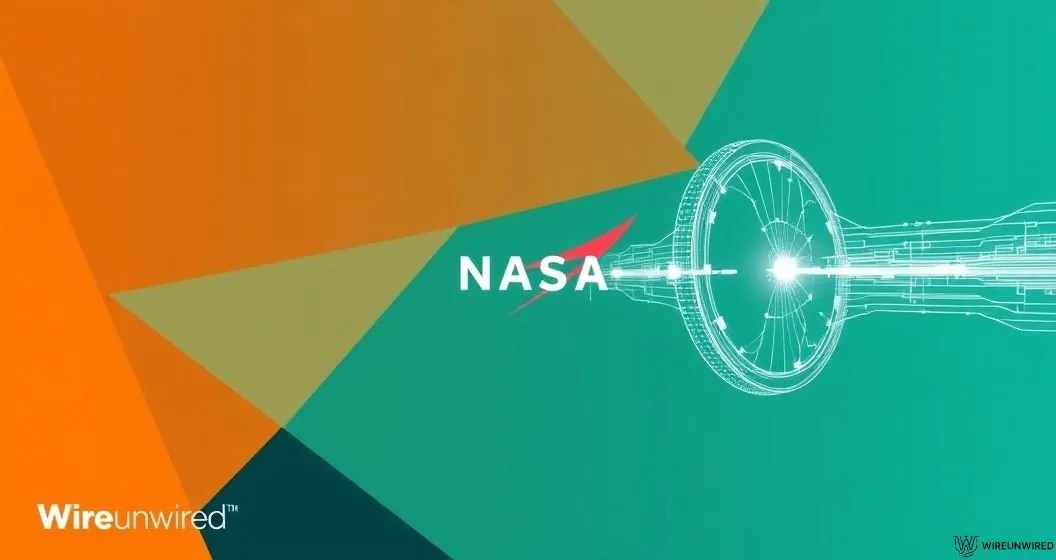Key Insights
- NASA’s SEAQUE experiment on SpaceX CRS-31 is pioneering quantum communication in space using entanglement.
- SEAQUE has already demonstrated strong Bell violations in orbit, outperforming prior Micius and SpooQy-1 missions.
- This breakthrough is poised to enable secure, space-based quantum networks—potentially transforming satellite communications and cyber-defense.
- Quantum technology experts and space researchers view SEAQUE as a new benchmark for quantum networking at global scale.
NASA’s Quantum Communication Leap: The SEAQUE Experiment
In November 2024, NASA launched the Space Entanglement and Annealing Quantum Experiment (SEAQUE) aboard SpaceX CRS-31 to the International Space Station. Led by Dr. Paul Kwiat of the University of Illinois Urbana-Champaign and an international team, SEAQUE set out to validate quantum communication in the extreme environment of space through quantum entanglement—a phenomenon where particles remain interconnected across any distance. SEAQUE’s mission promised to revolutionize data security and transmission for future Earth-space networks.
How SEAQUE Pushes the Limits of Quantum Communication ?
The experiment features a compact, robust waveguide that generates entangled photon pairs, exposed directly to space outside the ISS on the MISSE platform. SEAQUE uses advanced detectors to verify quantum correlations using the Bell test—a gold standard for confirming quantum entanglement. Early results presented at the APS Global Physics Summit 2025 indicate SEAQUE’s payload not only survived launch and cosmic exposure, but produced Bell violations with higher confidence than China’s Micius satellite and superior results to Singapore’s SpooQy-1 mission.
Why Quantum Communication in Space Matters ?
Quantum communication ensures that intercepting quantum data automatically alters its state, making eavesdropping detectable. In space, this means:
- Ultra-secure satellite communications for defense, science, and commercial use
- Creation of global quantum networks with unprecedented reach
- Enabling quantum cloud computing and secure satellite links
- Deployment of self-healing nodes that can recover from cosmic radiation damage
SEAQUE’s breakthrough advances are expected to influence both space-based and Earth-bound networks and cybersecurity.
Expert and Public Reactions
SEAQUE’s successful Bell test results and quantum resilience have captivated quantum technology communities and space scientists. According to APS and The Quantum Insider,
SEAQUE’s early results are seen as setting a new standard for quantum networking, inspiring strong optimism for the next phase of quantum Internet. Discussions highlight immense implications for data security, research, and commercial satellite communication.
What’s New as of October 2025?
As of late 2025, **no major new results or updates have been publicly released** beyond the landmark Bell tests and initial operational findings. SEAQUE remains active on the ISS, with annealing experiments ongoing. Experts and the public continue to watch the mission closely, awaiting the next round of technical publications and milestone results. The project continues to be celebrated as a breakthrough in quantum space technology, with the next phase of results expected to shape future quantum-secure networks.
Next Steps and Broader Impact
With its proven robustness in orbit, SEAQUE is expected to accelerate NASA’s plans to deploy quantum-secure networks linking satellites and ground stations—potentially extending to interplanetary missions. These advances will safeguard sensitive space data and open possibilities for new scientific experiments such as precision gravity measurements and real-time Earth observation.
For ongoing updates and community engagement, join our WhatsApp group WireUnwired Research or connect with our experts and enthusiasts on LinkedIn WireUnwired Research.
Discover more from WireUnwired Research
Subscribe to get the latest posts sent to your email.




